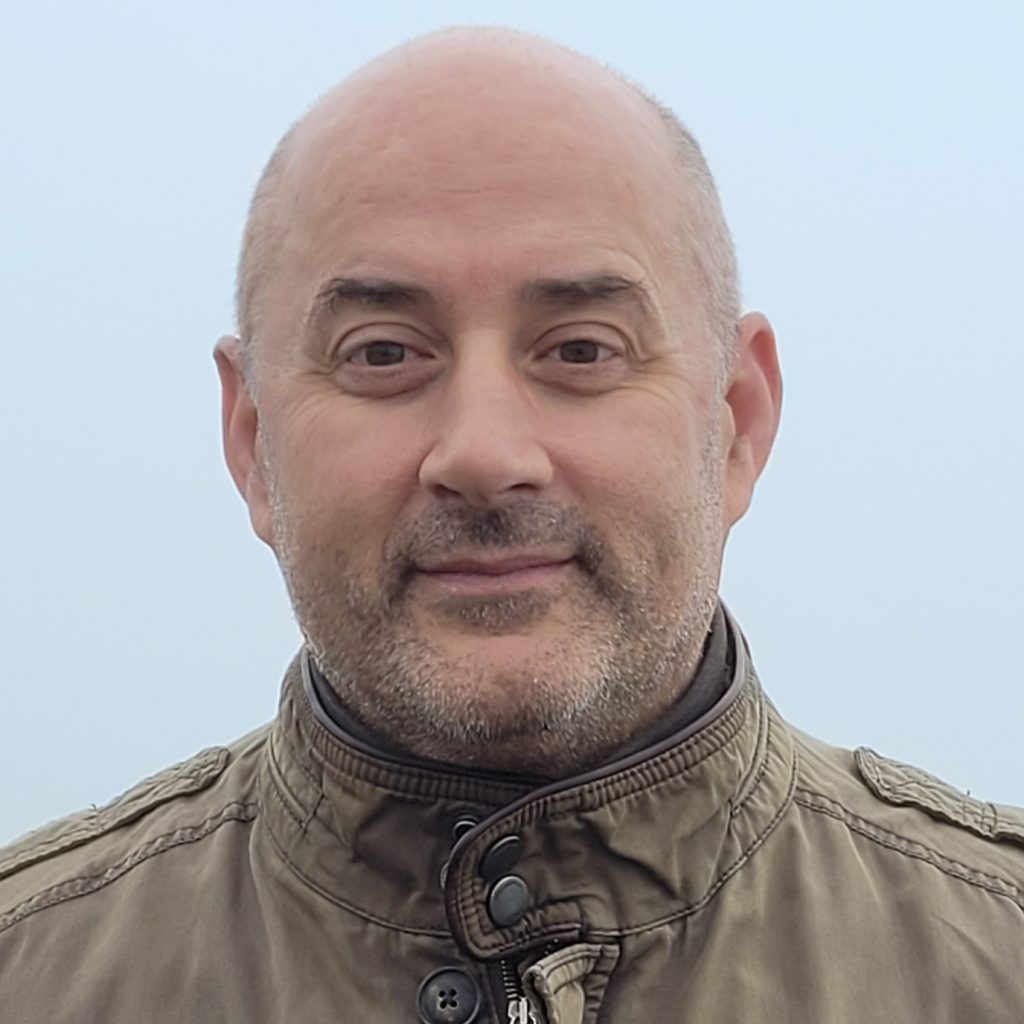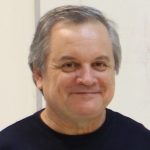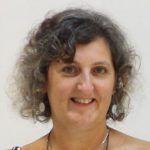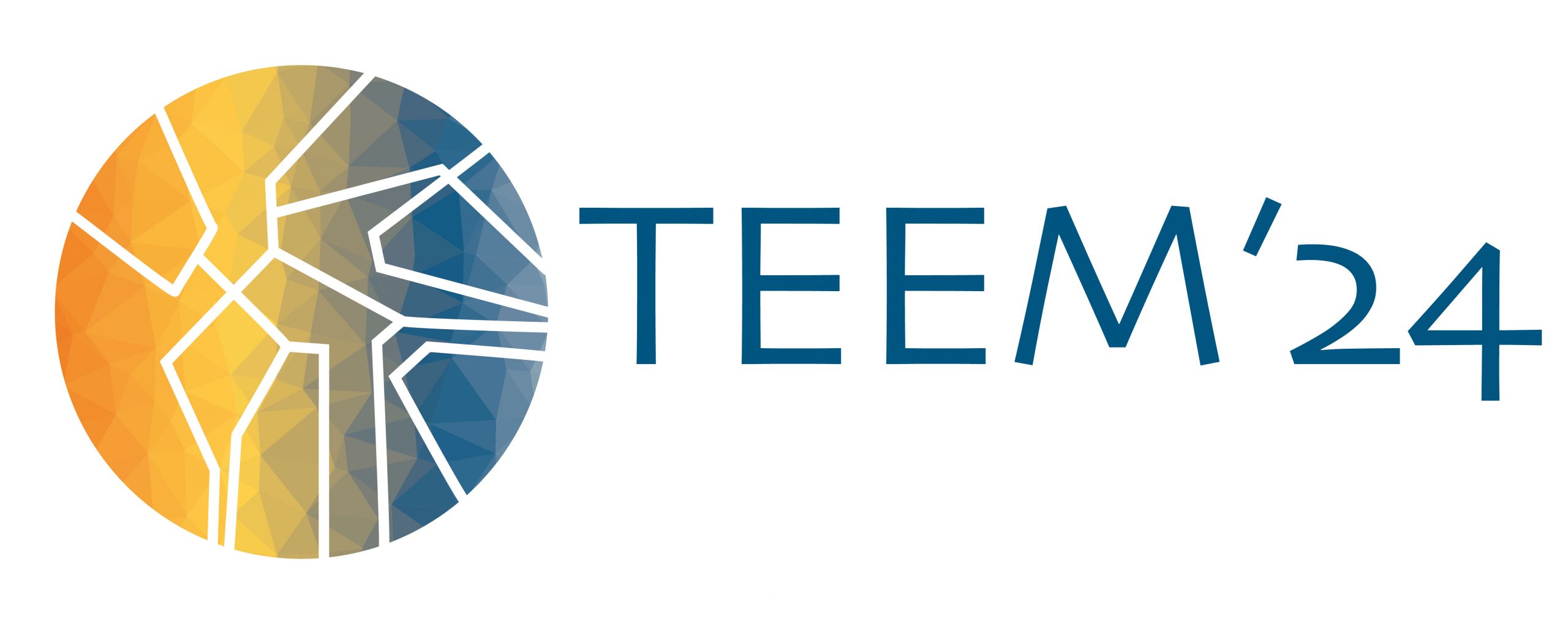Track 7. Laboratories in STEAM Education
In STEM education, lab-based classes play an important role by allowing students to acquire experimental skills, as part of their training. This vital role is evidenced by a seminal paper authored by Feisel & Rosa (2005), which proposes a list of 13 fundamental objectives of laboratories in undergraduate engineering degrees. This same paper also addresses the potential value of combining different lab environments, like remote and virtual labs. The trend to expand the boundaries of traditional – hands-on – labs to the cyberspace, creating a new type of non-traditional – virtual and remote – labs has gained momentum with the COVID-19 pandemic. Nevertheless, this trend has roots that can be traced back to more than 25 years ago, as acknowledged by Froyd, Wankat & Smith (2012). Noticeably, one of the very first remote laboratories, named TELEGARDEN, is now on display at the ARS (Art, Technology, Society) Electronica Center, in Linz, Austria. Mixing laboratories with arts is an addition to this year’s track edition, thus justifying the new title “Laboratories in STEAM Education”. This track aims to attract and discuss relevant contributions to the role of all types of laboratories in STEAM Education. Potential contributions should place the laboratory, or any experimental-based activities, as the “scenario” where students acquire / improve experimental skills, effectively supported by evidence. In other words, any claim(s) should be ‘verifiable by an appeal to facts determined by experiment’. Contributions that link traditional and non-traditional laboratories to the public, or the society, are also welcome.
Topics
- Experimental Skills
- AI in instructional laboratories
- The role of the laboratory in STEAM Education
- Hands-on, virtual and remote laboratories
- Lab-based teaching strategies
- Non-traditional laboratories
- Visualized experiments
- AR, VR, and XR in STEAM
- Laboratory activities for the public
Track Scientific Committee
Alexander Kist, University of Southern Queensland, Australia
Carlos Arguedas Matarrita, Universidad Estatal a Distancia, Costa Rica
Claudius Terkowsky, Technische Universität Dortmund (TU), Germany
Dominik May, Bergische Universität Wuppertal, Germany
Doru Ursutiu, Universitatea Transilvania din Brașov, Romania
Euan Lindsay, Aalborg Universitet, Denmark
Felix García-Loro, Universidad Nacional de Educación a Distancia, Spain
Javier García-Zubía, Universidad de Deusto, Spain
José Martins Ferreira, Universitetet i Sørøst- Norge, Norway
Marcello Ferreira, Universidade de Brasília, Brasil
Olavo Leopoldino da Silva Filho, Universidade de Brasília, Brazil
Raina Hussein, University of Washington, USA
Raul Cordeiro Correia, Instituto Politécnico de Setúbal, Portugal
Simone M. Biléssimo, Universidade Federal de Santa Catarina, Brazil
Sónia Pizarro, Instituto Superior de Engenharia do Porto, Portugal
Tobias Ortelt, Technische Universität Dortmund (TU), Germany
CHAIRS:

Gustavo Ribeiro Alves
Instituto Superior de Engenharia do Porto, Portugal

Juarez Bento da Silva
Universidade Federal de Santa Catarina, Brazil

Maria Arcelina Marques
Instituto Superior de Engenharia do Porto, Portugal
